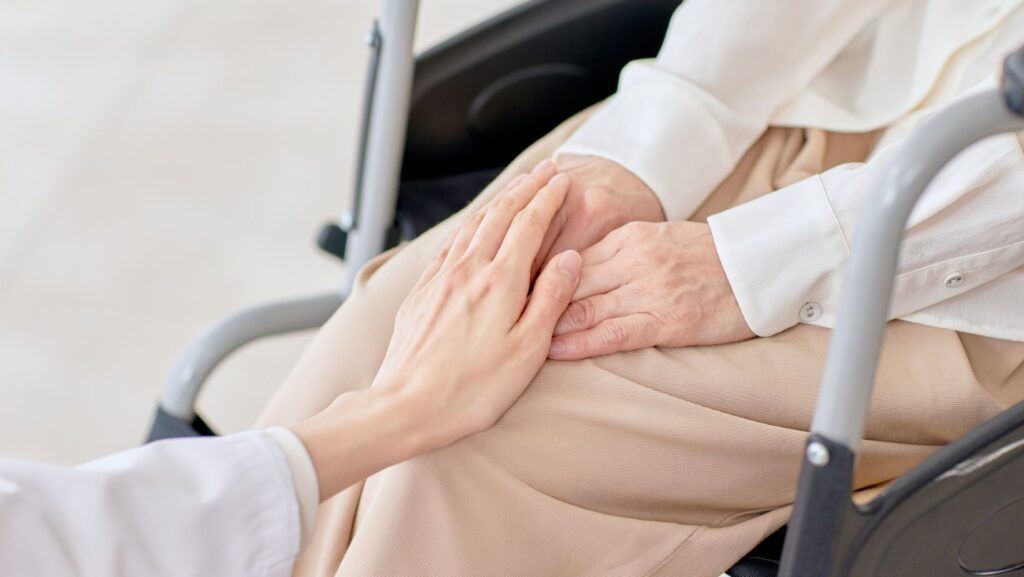As the population ages, the need for personalized attention for older adults becomes increasingly crucial. By tailoring care and support to the unique needs of each individual, you can enhance their quality of life and promote greater independence. Personalized care plans not only consider medical history and physical health, but also focus on emotional and mental well-being, ensuring a holistic approach.
Personalized care can lead to improved health outcomes and increased comfort, enabling older adults to maintain their daily routines more effectively. When you prioritize individualized attention, it helps to address the personal experiences and beliefs that affect their interactions with caregivers. This attention is vital for fostering positive relationships and ensuring that care is both comprehensive and respectful.
Understanding the importance of customized care opens doors to a variety of services and support systems available for seniors. These systems are designed to cater to their specific requirements, ensuring that they receive the best possible care as they age in place. Engaging with personalized support services supports a more fulfilling and autonomous life for older adults.
Understanding the Needs of Aging Adults
As individuals age, it becomes crucial to address various aspects of health and well-being to ensure a high quality of life. This involves focusing on physical, emotional, cognitive, and nutritional needs.
Physical Health Considerations
Aging adults often face changes in mobility, strength, and overall physical health. Regular physical activity tailored to individual abilities can help improve balance and maintain muscle strength. It is important to consult healthcare professionals for exercise recommendations that align with personal health conditions.
Chronic conditions like arthritis or hypertension are common in aging populations. Regular check-ups and appropriate medication management aid in addressing these concerns. Creating a safe living environment, free from hazards, helps prevent falls and injuries.
Emotional and Social Needs
Emotional well-being is crucial for older adults, often impacted by changes in lifestyle or the loss of loved ones. You can enhance your emotional health by maintaining social connections with family and friends. Joining community groups or engaging in volunteer activities can also provide a sense of belonging and purpose.
Mental health support systems, including therapy or counseling, can alleviate feelings of depression or anxiety. Emotional support pets or hobbies may help reduce isolation and improve mood.
Cognitive Function and Memory Care
Cognitive abilities may decline with age, affecting memory and decision-making. Engaging in mental exercises—like puzzles, reading, or learning new skills—can help maintain cognitive health. Regular assessments can aid in detecting issues early.
For individuals with memory disorders like dementia, personalized care plans that include structured routines and memory aids are beneficial. Support from family and caregivers helps manage day-to-day activities and ensures safety.
Nutritional Requirements
Proper nutrition is essential for aging adults, with needs that may change over time. A balanced diet rich in fruits, vegetables, lean proteins, and whole grains supports overall health. It is important to focus on calcium and vitamin D intake to maintain bone health.
Older adults should stay hydrated and consider dietary supplements after consulting with healthcare providers. Adjusting portion sizes and eating frequent, small meals can aid digestive health.
Innovative Approaches to Personalized Attention
Personalized attention for aging adults includes several cutting-edge methods to enhance their quality of life. From technological advancements in care to community support services, tailored solutions offer numerous benefits.
Technological Advancements in Care
Modern technology plays a crucial role in providing personalized care for seniors. AI-powered tools offer customizable options that cater to individual needs. For instance, AI applications can monitor vital signs and alert caregivers to irregularities. The use of personalized age-tech helps seniors maintain independence through adaptive solutions, improving their overall well-being significantly. Tech solutions such as sensor-based systems ensure safety by detecting falls and sending instant alerts to caregivers. Integrating such technology into daily care routines empowers seniors and contributes to more effective management of their health conditions.
Tailored Activities and Therapies
Creating personalized activities and therapies for seniors addresses their unique physical and cognitive needs. Programs can include custom exercise routines that align with individual capabilities. Engaging in these activities not only promotes physical health but also enhances cognitive function. Personalized care plans like these encompass customized care strategies, considering a person’s medical history and lifestyle. Art and music therapies, adjusted to personal preferences, also offer therapeutic benefits. Implementing these tailored approaches builds a sense of accomplishment and joy, improving the overall quality of life for elderly individuals.
Home Modifications for Safety
Adapting home environments for senior safety is an essential part of personalized care. Making adjustments such as installing grab bars, widening doorways, and lowering countertops ensures that living spaces are more accessible and secure. These modifications address common safety concerns for seniors, significantly reducing the risk of accidents. 
Automated lighting and voice-controlled devices also contribute to a safer living environment by minimizing hazards. These strategies support seniors in maintaining their independence while ensuring they can navigate their homes safely and comfortably.
Community and In-Home Support Services
Community and in-home support services are invaluable in fostering independence and enhancing the quality of life. These services include housekeeping assistance, meal preparation, and transportation, allowing seniors to remain in their homes while receiving the help they need. Innovations in senior care integrate community-based services, using AI to efficiently match care providers with individual needs, improving the overall effectiveness of care. Access to social activities through community centers can combat loneliness and promote social engagement, which is crucial for mental well-being. Such comprehensive support systems ensure that aging adults have access to the resources necessary for maintaining an active and fulfilling lifestyle.
